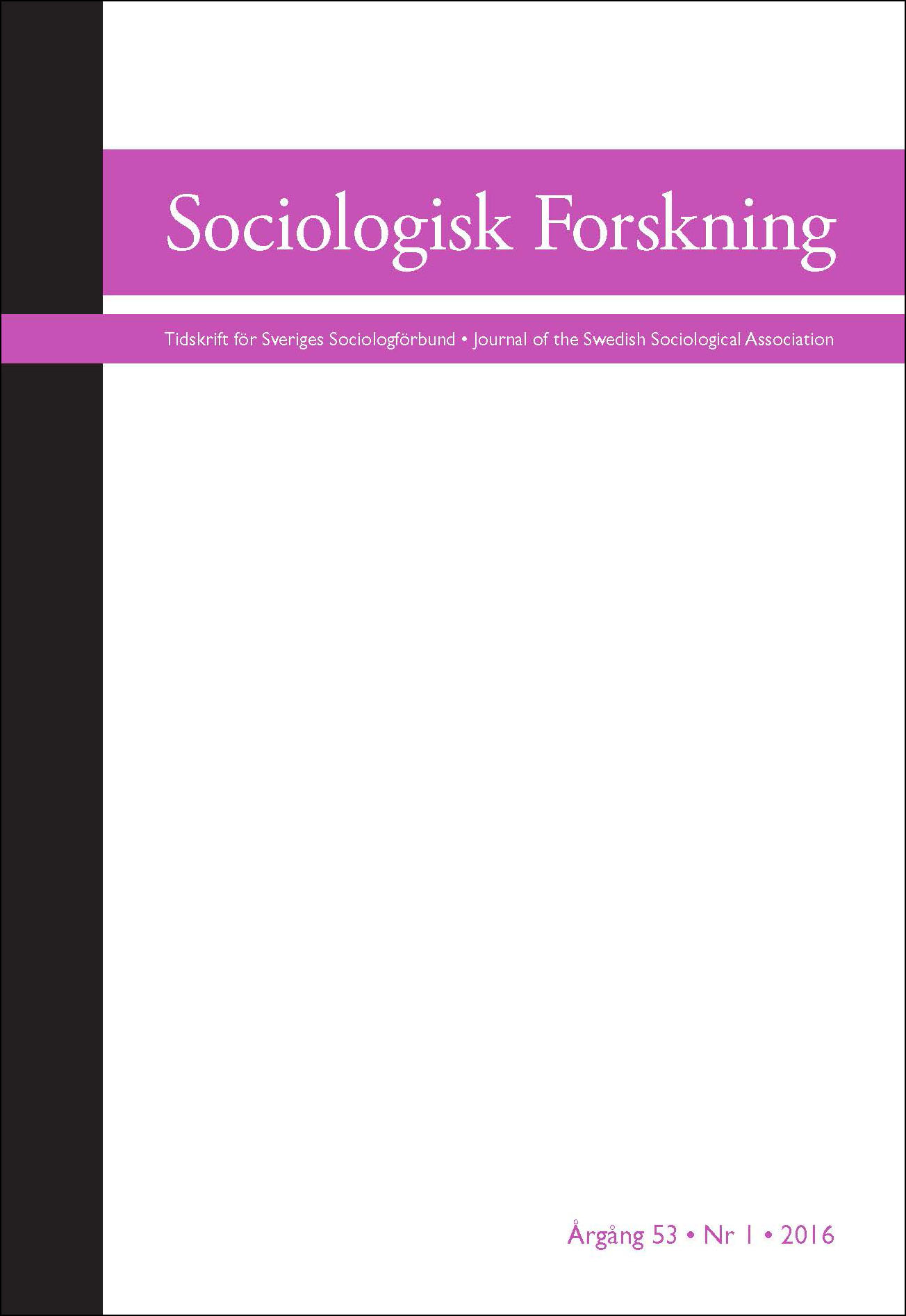Hjælp til selvcensur
DOI:
https://doi.org/10.37062/sf.53.18246Nyckelord:
Judith Butler, employee silence, foreclosure, implicit censorship, self-helpAbstract
Self-help and self-censorship: A self-help cultural perspective on organizational silence
This paper seeks to explain silence in the workplace through an analytical perspective derived from Judith Butlers work on censorship, and in this way suggest an alternative to explanations in the existing literature on employee silence, which are often tied to the actions and motivations of the individual subject. It is thus argued that self-help books can be seen as indicative of a pervasive culture of self-improvement, which among other things promotes the absence of criticism in the workplace. The empirical point of departure for this argument is the two bestselling self-help books The secret by Rhonda Byrne and The 7 habits of highly effective people by Stephen Covey. Theoretically, the paper applies Butlers notion of ”implicit censorship” where censorship is understood as productive in the sense of being constitutive of language. Hence, in the analysis it is shown how discursive regimes in self-help literature tend to be constructed in such a way, that explicit criticism cannot emerge as a meaningful activity, and is thus implicitly censored.
Downloads
Publicerad
Referera så här
Nummer
Sektion
Licens
Allt material i Sociologisk Forskning publiceras med omedelbar öppen tillgång (open access), under Creative Commons-licensen CC BY-NC-ND 4.0.
Allt innehåll i tidskriften är fritt tillgängligt utan kostnad och får för icke-kommersiella syften fritt läsas, laddas ned, kopieras, delas, skrivas ut och länkas. Innehållet får dock inte ändras. När innehållet används måste författare och källa anges. Upphovsrätten till innehållet tillhör respektive författare. Inga publiceringsavgifter tas ut.





